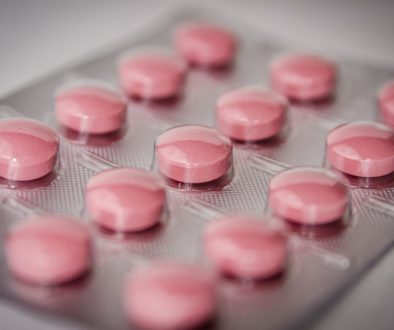Pregnancy and Oral Health
 Here’s what you need to know about your dental health while being pregnant…
Here’s what you need to know about your dental health while being pregnant…
X-Rays
It isn’t unusual for a dentist to limit x-rays during pregnancy but don’t fear if x-rays are needed. Studies have shown that with the use of a lead apron, there is no exposure to the baby at all. Check out our section on dental x-ray safety for more information on how minimal dental radiation is. Getting needed dental treatment during pregnancy is actually a really important thing you can do for the health of your baby.
Dental Treatment
Dental treatment during pregnancy is also generally very safe for the baby with a few exceptions. Current recommendations are to have any dental treatment done in the second trimester. The third trimester is also fine but it becomes much more difficult to lay back comfortably for the amount of time needed.
Things to avoid in pregnancy include nitrous oxide (laughing gas) and sedative anxiety medications such as benzodiazepines. Both of these medications have been shown to be harmful to developing babies.
Pregnancy Gingivitis and Growths
One of the biggest problems during pregnancy is something known as pregnancy gingivitis. Your hormones cause your gum tissue to be easily irritated, bleed easily, and occasionally develop growths known as granulomas. These growths usually go away after delivery but can also be surgically removed if they become bothersome. Untreated gingivitis can progress to periodontal disease where you start to lose bone around your teeth.
The solution to pregnancy gingivitis is pretty simple. Clean those teeth really well, including flossing! If you can remove all the plaque around your teeth the gingivitis won’t be able to get out of control. Also consider seeing your dentist more frequently during pregnancy.
Preterm Labor
Women with untreated gum disease have an approximately 4-7 times greater risk of delivering their baby preterm. Babies delivered preterm have much higher rates of medical problems both in the short and long term. Getting your gums healthy is one of the easiest ways you can limit your risk of preterm labor. I’d recommend pregnant women having an extra cleaning and check-up during their pregnancy
Higher Risk of Cavities
I have A LOT of pregnant women that I treat in my dental practice. Almost without fail they end up getting cavities during and after pregnancy. There is an old myth out there that the baby steals all your calcium and causes cavities. While the reasoning isn’t correct, it is true that pregnancy can increase your risk of getting cavities for a couple of different reasons. Many women have morning sickness and acid reflux throughout the pregnancy. Teeth constantly exposed to acid tend to develop cavities very quickly. Pregnant women also have a tendency to snack throughout the day (and understandably so!). The problem with this snacking is the teeth are constantly exposed to sugar and again end up developing cavities very quickly.
If you are pregnant you’ll want to take some precautions against all this. If you’re having morning sickness try to rinse with water after vomiting. You don’t want to brush immediately afterwards as the acid softened enamel can be damaged. Also ask your dentist about a prescription strength high fluoride toothpaste. This will help repair the damage more quickly.
When snacking, try to reach for foods that don’t cause cavities. Sugars and carbs are going to be your big enemy here. Veggies, dairy, and proteins will generally be a better option from a dental perspective. As a positive these will also fill you up longer than sugars and carbs.
After Birth
If all the previous reasons didn’t convince you that dental care is important during pregnancy, then listen to this factoid. After babies are born, moms can pass on the bacteria in their mouth to their newborns. Moms who have untreated cavities actually pass on the bad bacteria to their children and increase their risk of getting cavities! Get those cavities taken care of before they are born so you can give them the best start in life!



